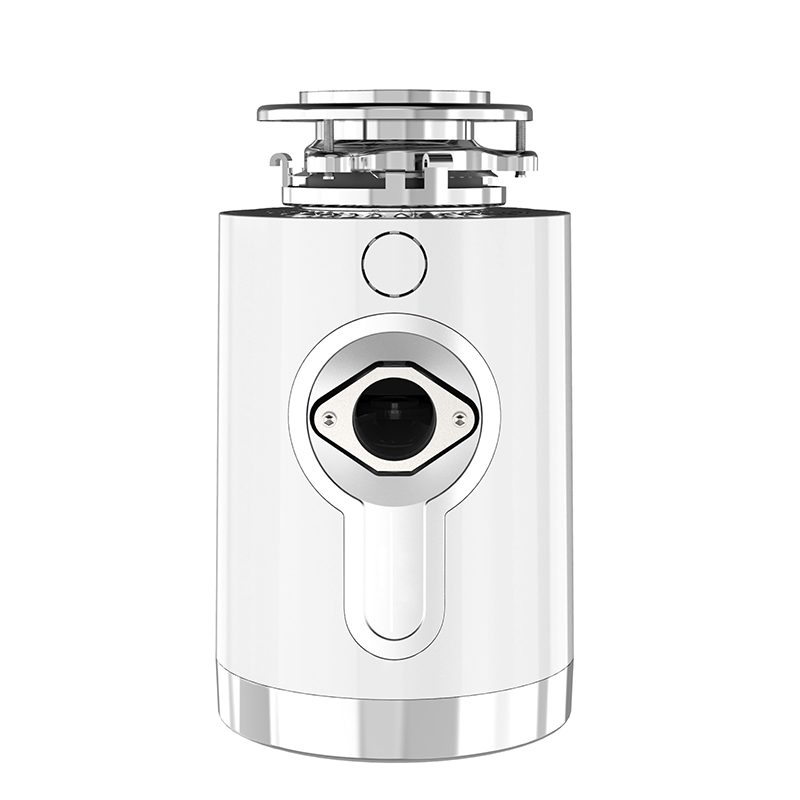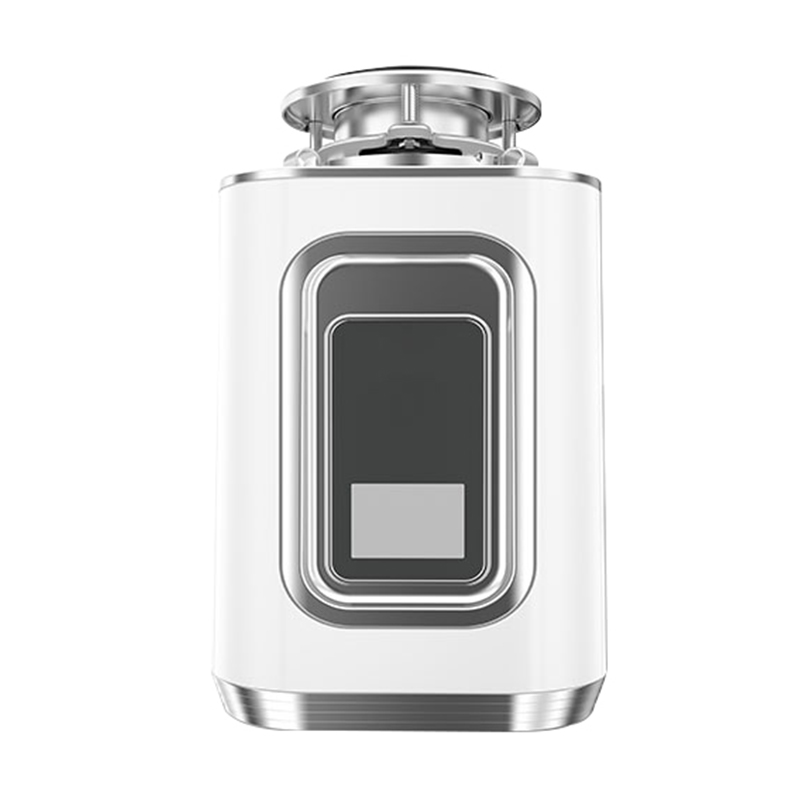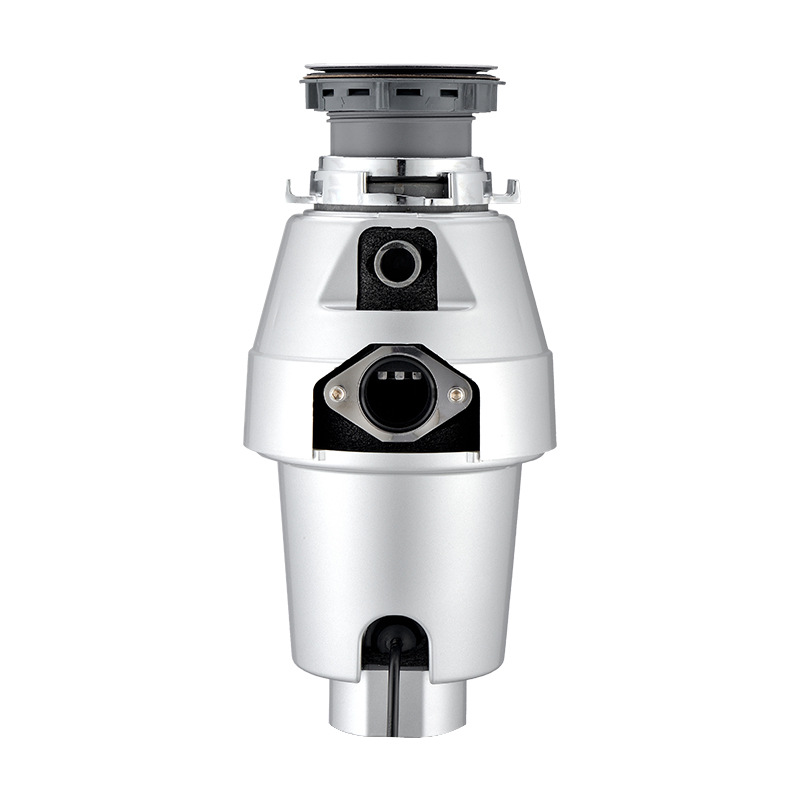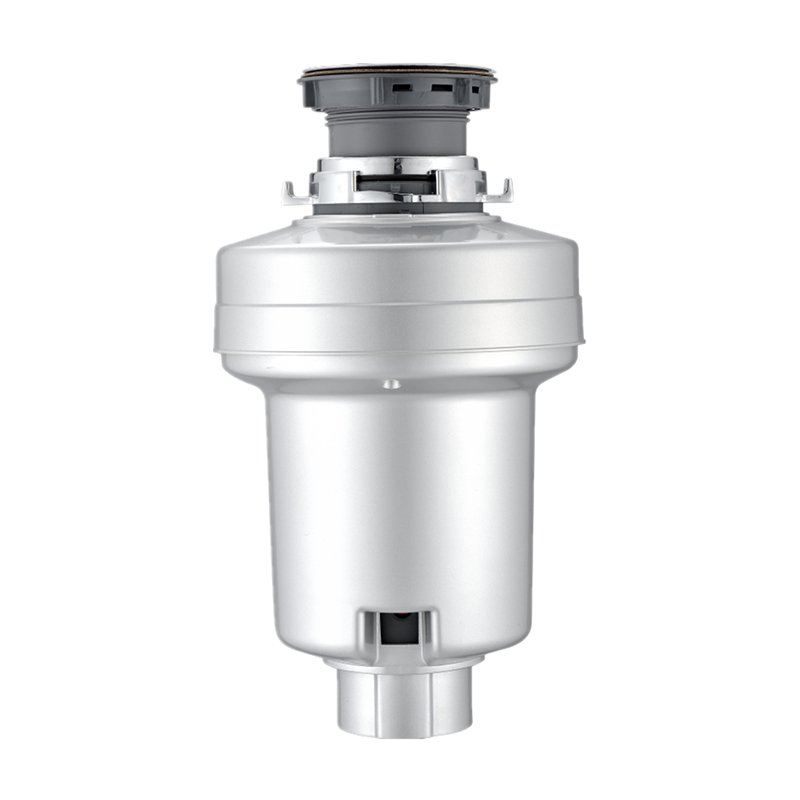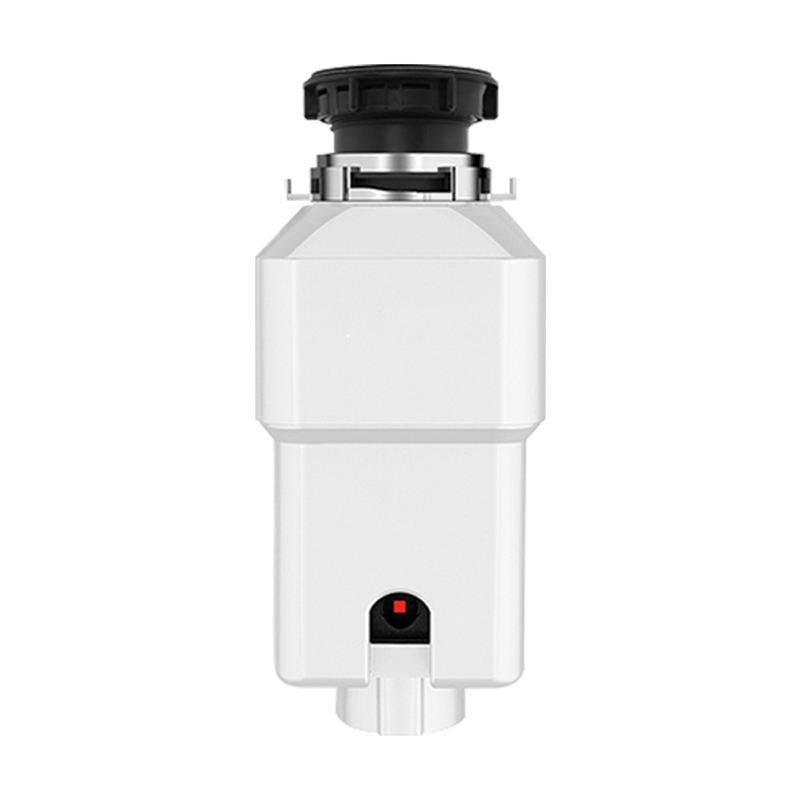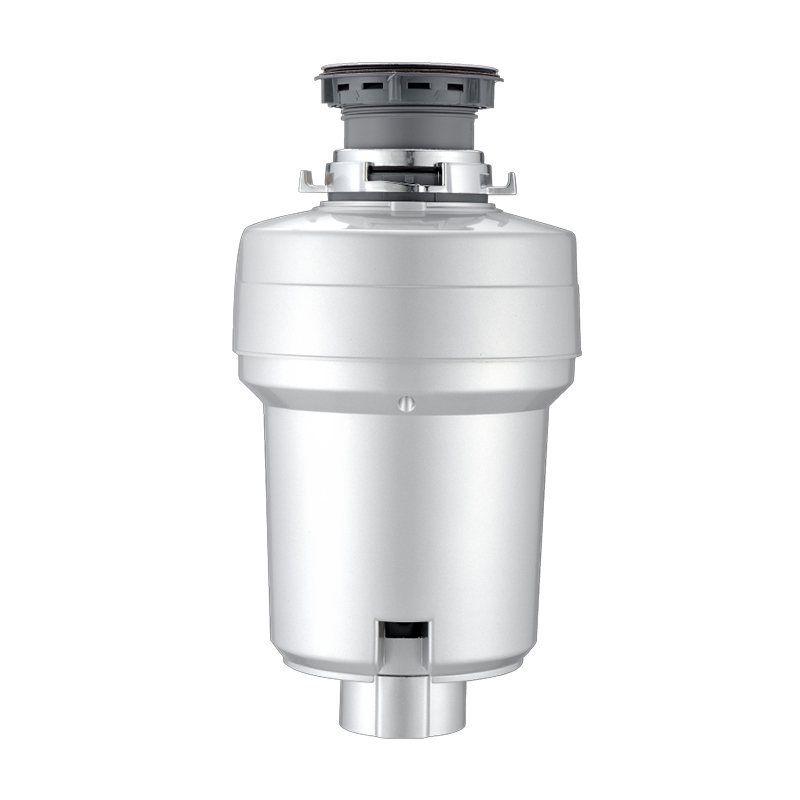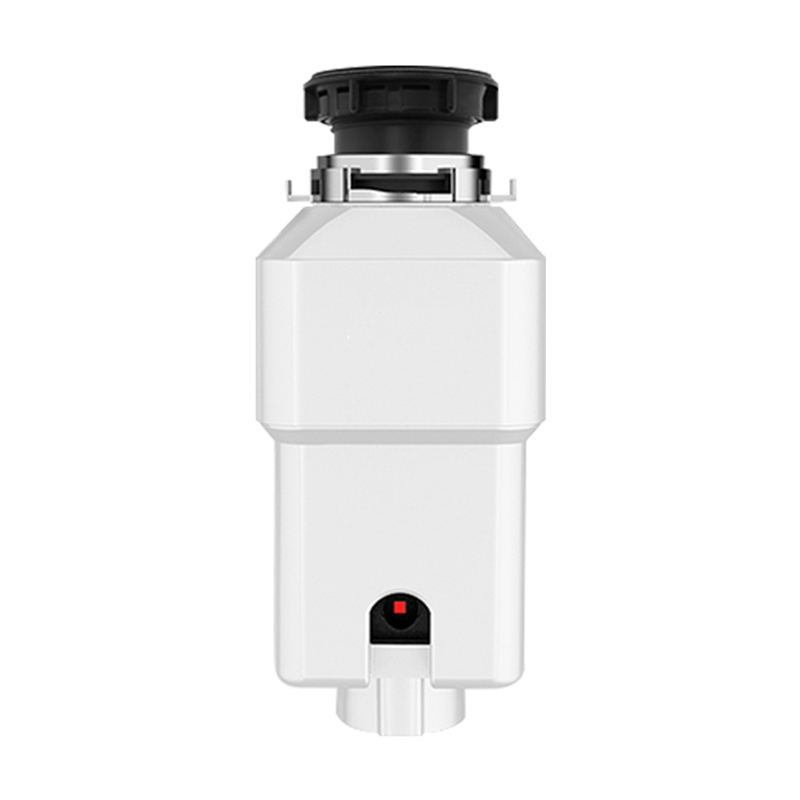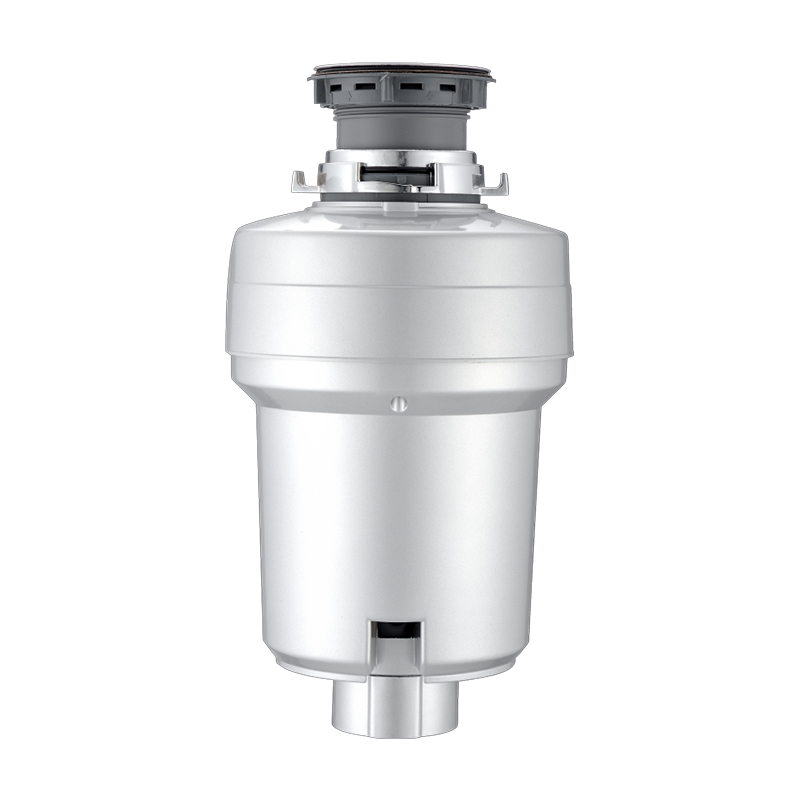Wholesale Household Food Scrap Grinder Waste Disposer Factory
In today's world, where environmental sustainability is a growing concern, finding practical solutions to reduce household waste is paramount. One such solution gaining traction is the Household Food Waste Disposer. This innovative device offers a convenient and eco-friendly way to manage kitchen waste, and less environmental impact while simplifying daily routines.
The Household Food Waste Disposer is a compact yet powerful appliance designed to grind food scraps into tiny particles that can easily flow through the plumbing system. Installed beneath the kitchen sink, it provides a convenient alternative to traditional disposal methods such as composting or landfilling. By diverting organic waste from landfills, where it would otherwise contribute to methane emissions, these disposers play a vital role in reducing greenhouse gas emissions and combating climate change.
Embracing the Household Food Waste Disposer not only benefits the environment but also offers numerous advantages for households. only, it promotes cleanliness and hygiene in the kitchen by eliminating the need to store decomposing food scraps in trash bins. This helps to reduce odors and pests, creating a more pleasant and sanitary cooking environment.
Furthermore, using a Household Food Waste Disposer can lead to significant savings in waste management costs. With less organic waste being sent to landfills, municipalities can reduce the expenses associated with waste collection, transportation, and disposal. This translates to potential savings for taxpayers and local governments, making it a financially appealing solution as well.
Moreover, the convenience of the Household Food Waste Disposer cannot be overstated. Instead of having to separate food scraps for composting or wait for them to decompose in a bin, users can simply rinse them down the sink and let the disposer take care of the rest. This saves time and effort in kitchen cleanup, allowing households to focus on more important tasks.
From an environmental perspective, the impact of widespread adoption of Household Food Waste Disposers is significant. By diverting organic waste from landfills, these devices help to reduce the production of methane, a potent greenhouse gas with a much higher global warming potential than carbon dioxide. This contributes to mitigating climate change and preserving the health of our planet for future generations.
Additionally, the use of Household Food Waste Disposers promotes water conservation by utilizing wastewater to transport ground-up food particles to treatment facilities. Rather than wasting clean water to rinse away food scraps, this method maximizes the efficiency of existing water resources, aligning with sustainable practices.
It is important to note that the benefits of embracing the Household Food Waste Disposer extend beyond individual households. As more households adopt this technology, the collective impact on waste management practices and environmental sustainability becomes increasingly significant. By working together to reduce food waste and lessen our ecological footprint, we can create a healthier and more sustainable future for all.
In conclusion, the Household Food Waste Disposer represents a sustainable solution to the growing problem of food waste. By embracing this innovative technology, households can lessen their environmental impact, save money, and simplify their daily routines. With its numerous benefits and positive implications for the environment, the Household Food Waste Disposer is poised to play a vital role in shaping a more sustainable future for generations to come.
Furthermore, the versatility of Household Food Waste Disposers makes them suitable for a wide range of kitchen setups and lifestyles. Whether in single-family homes, apartments, or commercial kitchens, these devices offer a scalable solution to food waste management. With ongoing advancements in technology and increasing awareness of environmental issues, embracing the Household Food Waste Disposer is a step towards a greener, more sustainable future.

 English
English русский
русский

